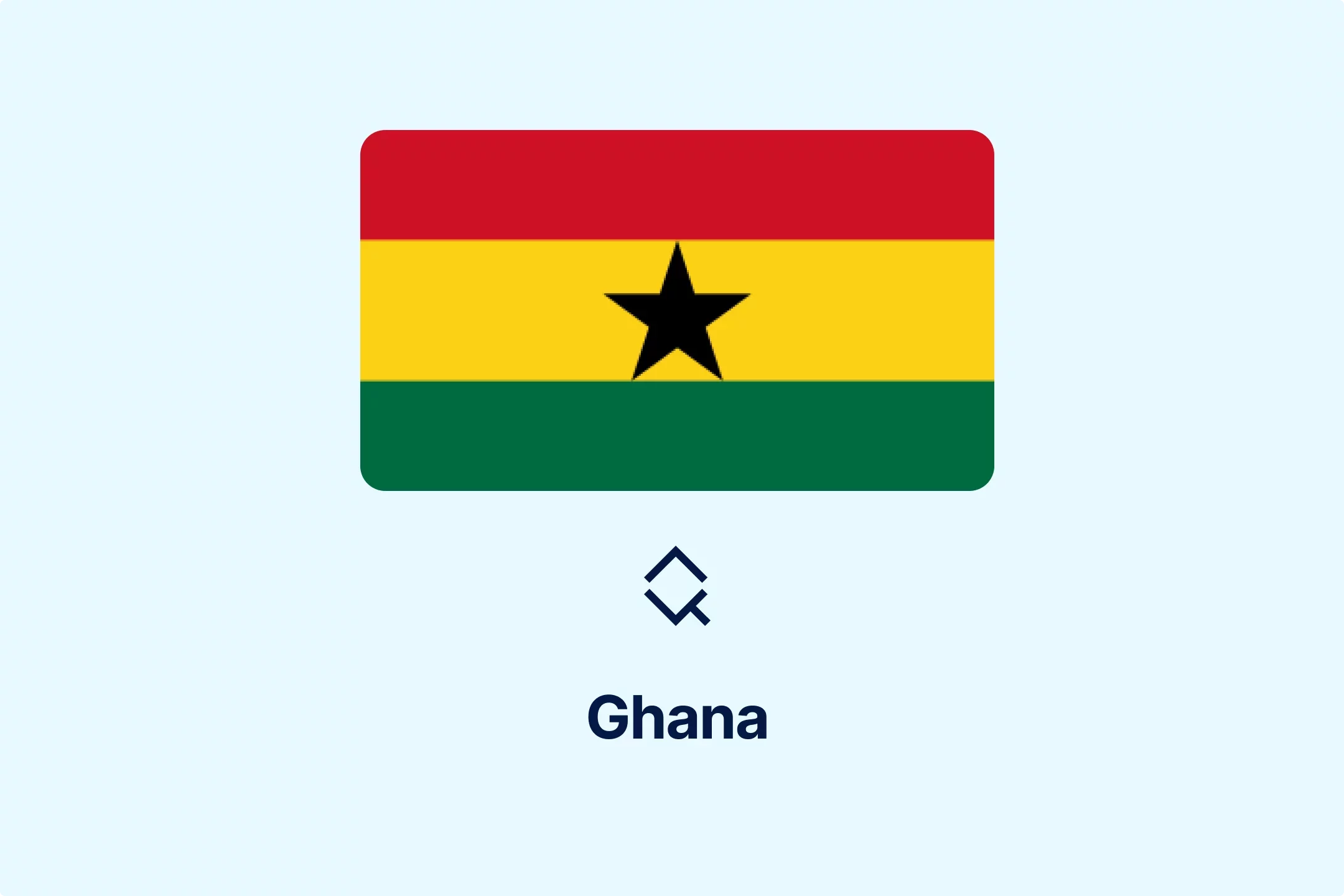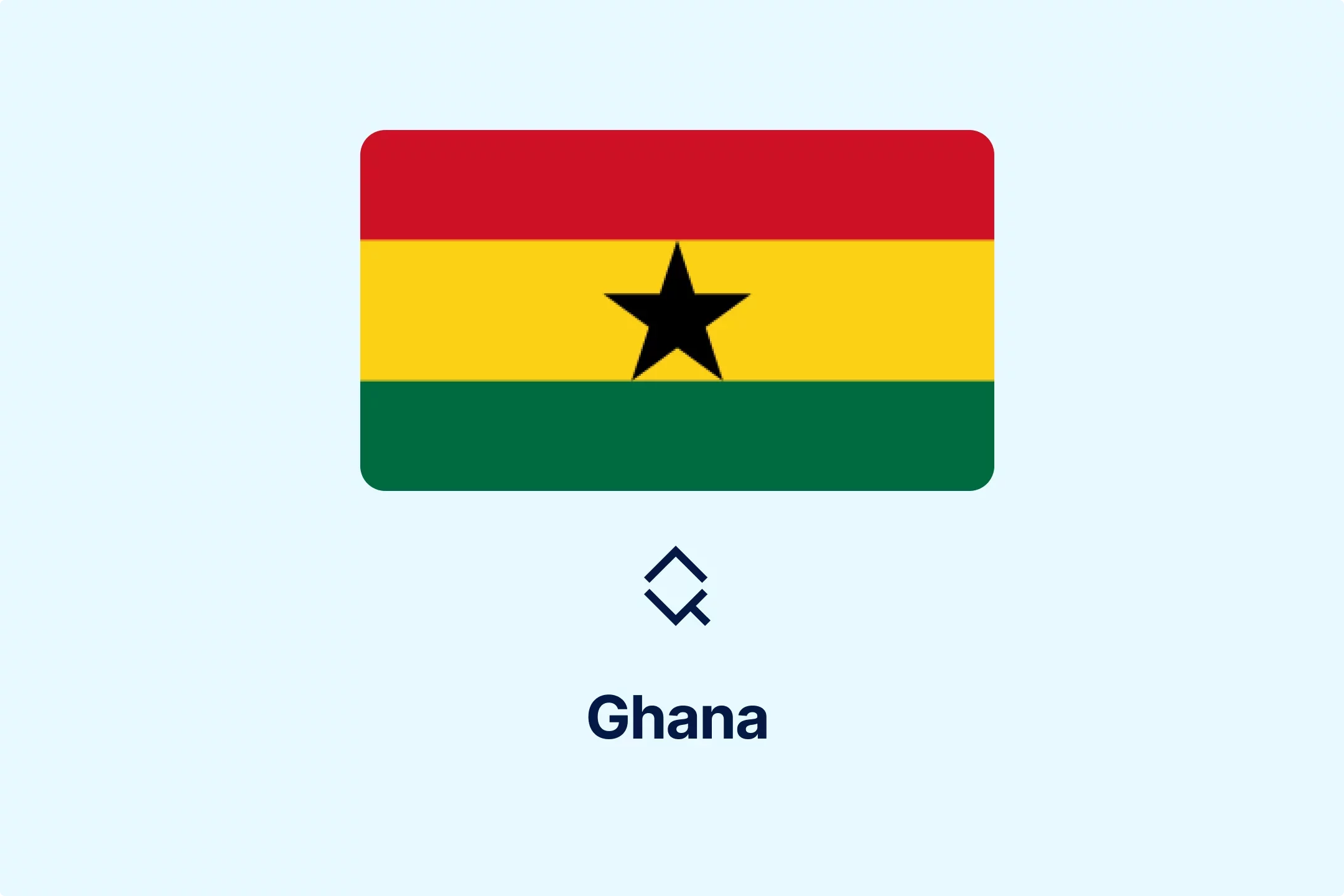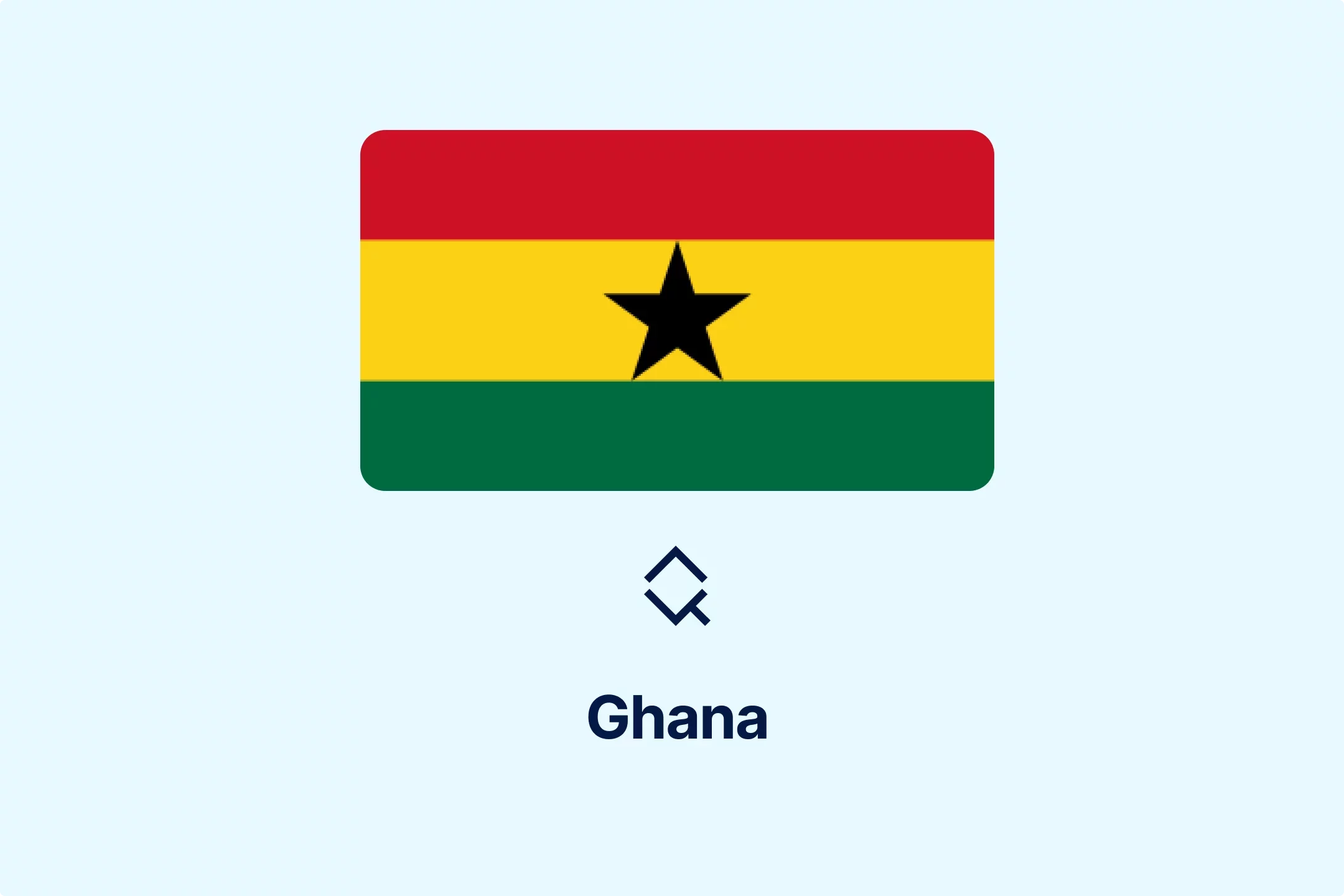Ghana VAT Reform 2026: Higher Thresholds, Lower Rates

Earlier this year, the government of Ghana published the Mid-Year Fiscal Policy Review report, in which it confirmed its intention to reform its VAT system to address long-standing IMF concerns about tax neutrality. Moreover, in the Mid-Year Budget report, the government announced plans to submit amendments to the VAT Law to Parliament by October 2025.
Now, with its 2026 Budget Speech, the government proposed and presented to Parliament an ambitious package of VAT and broader tax reforms aimed at improving fairness, transparency, and administrative efficiency across the tax system.
Impact of Proposed VAT Reform
In the 2026 Budget Speech, the government proposed restructuring VAT, including the previously announced repeal of the COVID-19 Health Recovery Levy and the reversal of the earlier decoupling of the GETFund and NHIL levies. As a result, these taxes will once again be treated as VAT and become eligible for input tax deductions.
It is expected that the removal of the COVID-19 levy will result in around GHS 3.7 billion (around USD 332 million) in foregone revenue, effectively leaving that amount in the hands of individuals and businesses throughout 2026 by reducing their overall tax burden. Additionally, companies will experience a 5% reduction in the cost of doing business as a result of the abolition of the GETFund and NHIL levies.
Furthemore, the government proposed eliminating VAT on mineral reconnaissance and prospecting, reducing the effective VAT rate from 21.9% to 20%, increasing the VAT registration threshold from GHS 200,000 (approximately USD 18,000) to GHS 750,000 (approximately USD 67,500), and extending the zero-rating of locally produced textiles until 2028.
Regarding the VAT registration threshold, the government noted that the current threshold of GHS 200,000 was set in 2015. However, it has significantly eroded in absolute terms and is now equivalent to roughly GHS 48,000 (around USD 4.300). Consequently, most small and micro businesses are now required to register for and apply VAT, creating unnecessary burdens not only for these businesses but also for Tax Administration, which must monitor and control more taxable persons.
Conclusion
In addition to proposing significant VAT changes, the 2026 Budget also includes proposals to amend customs, excise duties, and income tax, thus signaling a broad restructuring of Ghana's tax system.
Moreover, by planning to implement new digital tools to track and collect VAT on cross-border transactions made through digital platforms operated by non-resident businesses, and to roll out fiscal electronic devices to monitor taxable transactions carried out by VAT-registered taxable persons in real time, Ghana plans to modernize its tax system further.
Source: 2026 Budget Speech of the Government of Ghana, VATabout

More News from Ghana
Get real-time updates and developments from around the world, keeping you informed and prepared.
-e9lcpxl5nq.webp)







